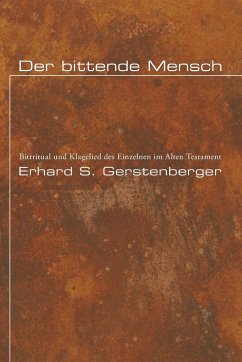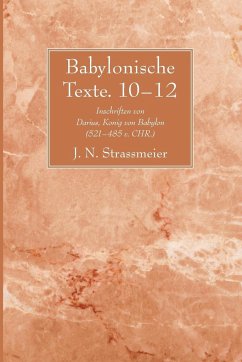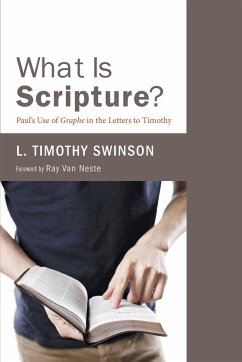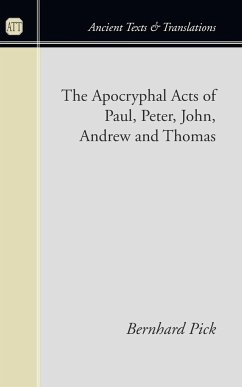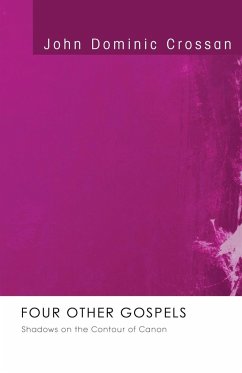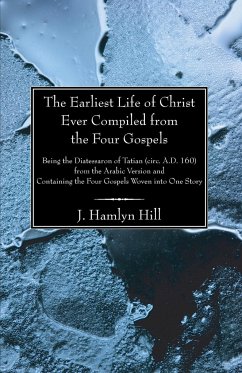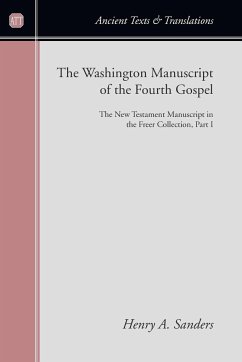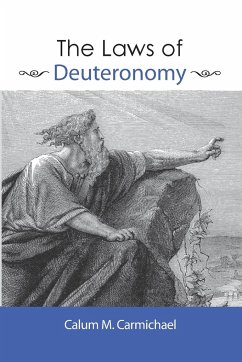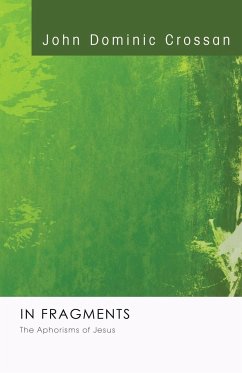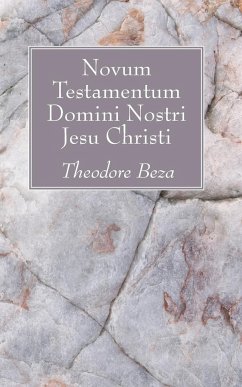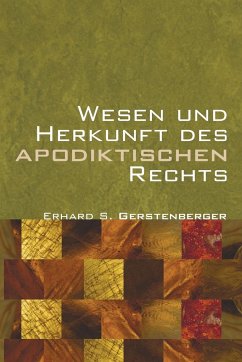
Wesen und Herkunft des Apodiktischen Rechts

PAYBACK Punkte
10 °P sammeln!
In this brilliant work, Gerstenberger examines the Israelite legal tradition. He argues against the thesis that the so-called "apodicitic" laws in the Old Testament were distinctively Israelite, a single form, or originating in the liturgy and covenant-making. Using the story of Jonadab and the Rechabites in Jeremiah 35 and the incest prohibitions in Leviticus 18, the author argues that the setting in life of prohibitions was the ethos of the tribe. The literary settings in the Covenant Code, Holiness Code, and Deuteronomic are all secondary uses.




